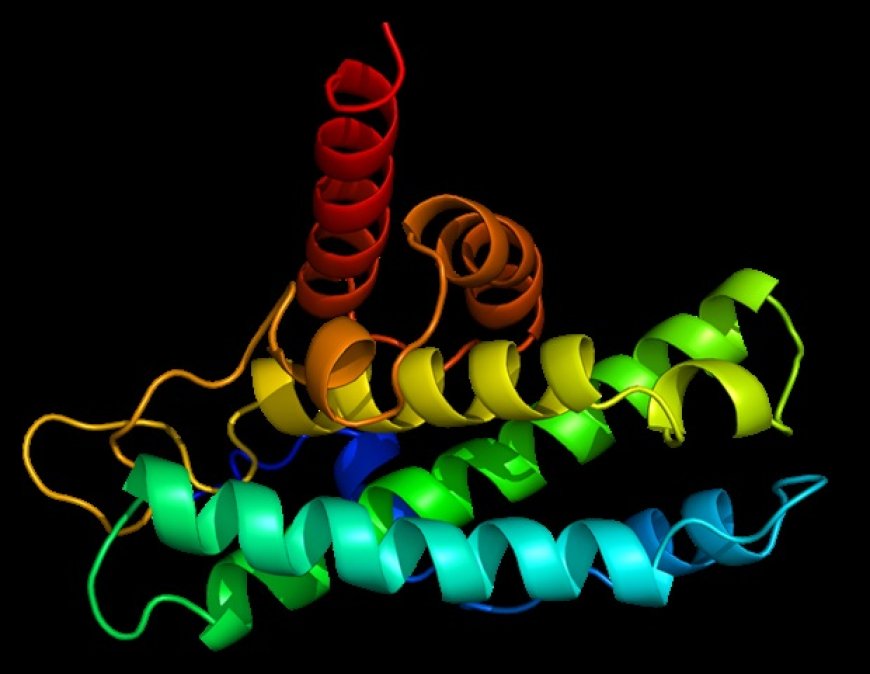NKAPL: A New Tumor Suppressor and Treatment Target for Lung Cancer
Researchers have identified NKAPL as a tumor suppressor in non-small cell lung cancer (NSCLC), offering a potential new target for treatment. The gene stabilizes TRIM21 protein, inhibiting the NF-κB signaling pathway and slowing cancer progression. This discovery could lead to improved therapies for NSCLC patients.

Non-small cell lung cancer (NSCLC) accounts for over 80% of lung cancer cases and is often diagnosed at advanced stages, limiting treatment options. While genetic and epigenetic alterations are known contributors to its pathogenesis, DNA methylation-based biomarkers are increasingly recognized for their potential in early detection and prognosis. The NF-κB signaling pathway plays a pivotal role in cancer proliferation and immune evasion. Despite its clinical relevance, few upstream regulators of this pathway have been clearly defined in NSCLC. Based on these challenges, in-depth research is needed to uncover new molecular targets that drive NSCLC development and could be leveraged in treatment strategies.
Researchers from Chongqing Medical University, Suining Central Hospital, Chongqing University, and Sichuan University have discovered that the gene NF-kappa-B-activating protein-like (NKAPL) acts as a tumor suppressor in NSCLC by stabilizing the protein tripartite motif-containing 21 (TRIM21) and thereby inhibiting NF-κB signaling. The findings (DOI: 10.1016/j.gendis.2025.101598) were published on June 20, 2025, in the journal Genes & Diseases. Through a combination of in vitro and in vivo experiments, the team demonstrated that NKAPL, frequently silenced by DNA methylation in NSCLC tissues, can suppress cancer progression when re-expressed.
The study began with a machine learning analysis of lung cancer methylation data from the TCGA database, where NKAPL ranked highly for its prognostic value. Researchers found NKAPL was significantly downregulated in NSCLC tissues due to promoter hypermethylation. Restoring NKAPL expression in lung cancer cell lines suppressed cell proliferation, induced apoptosis, and reduced migration and invasion, as confirmed through CCK8 assays, colony formation, and transwell experiments. In mouse models, NKAPL overexpression led to smaller tumors and fewer metastatic lesions.
Mechanistically, mass spectrometry and immunoprecipitation revealed that NKAPL binds to and stabilizes TRIM21, a protein that regulates NF-κB signaling. TRIM21 levels increased with NKAPL expression, leading to decreased phosphorylation of p65 and inhibition of downstream inflammatory signals. Knockdown of TRIM21 reversed the tumor-suppressive effects of NKAPL, confirming its central role. These results reveal a new axis—NKAPL-TRIM21-NF-κB—that governs cancer cell behavior.
\"Our study not only uncovers a novel tumor suppressor role for NKAPL but also highlights its epigenetic silencing as a key event in NSCLC progression,\" said Dr. Tingxiu Xiang, corresponding author of the study. \"The ability of NKAPL to enhance TRIM21 stability and dampen NF-κB signaling offers a promising therapeutic strategy, particularly for patients with advanced disease and limited treatment response. Further development of demethylation therapies targeting NKAPL could significantly improve patient outcomes.\"
These findings pave the way for the development of new diagnostic biomarkers and targeted therapies for NSCLC. The frequent methylation of NKAPL suggests its potential utility in non-invasive screening via liquid biopsy. Therapeutically, strategies aimed at restoring NKAPL function—such as methylation inhibitors or gene delivery systems—could suppress tumor growth and metastasis by disrupting the NF-κB pathway. In the future, combination treatments involving NKAPL-targeted approaches and conventional therapies may offer more effective and personalized care for lung cancer patients.
Source: Chinese Academy of Sciences Journal reference: Li, C., et al. (2025). NKAPL suppresses NSCLC progression by enhancing the protein stability of TRIM21 and further inhibiting the NF-κB signaling pathway. Genes & Diseases. doi.org/10.1016/j.gendis.2025.101598.
What's Your Reaction?
 Like
0
Like
0
 Dislike
0
Dislike
0
 Love
0
Love
0
 Funny
0
Funny
0
 Angry
0
Angry
0
 Sad
0
Sad
0
 Wow
0
Wow
0
























































































































































































